Sticky Inflation and Slumping Growth Plague Economy in July: S&P Global
Growth is slowing in services and manufacturing remains in a slump. Inflation is proving to be a “sticky” concern.

Growth is slowing in services and manufacturing remains in a slump. Inflation is proving to be a “sticky” concern.

Taiwan-based tech giant Foxconn announced Monday its withdrawal from a $19.5 billion joint semiconductor manufacturing deal with Indian metal and energy company Vedanta.

The government of Taiwan announced on Wednesday that it will open a new representative office in the financial hub of Mumbai, establishing its third diplomatic office in India.

President Joe Biden is greenlighting South Korean and Taiwanese semiconductor manufacturers to continue expanding their operations in China thanks to exemptions rewarded to various companies by the administration.
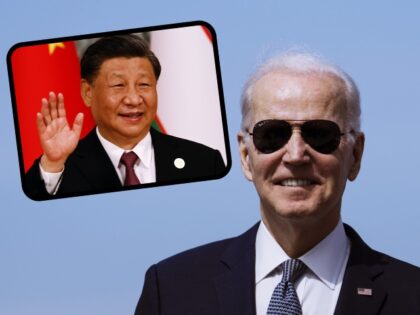
The bones of the U.S. economy are looking good as we hurtle toward the warming months.

This is not the slowdown Jay Powell was looking for.
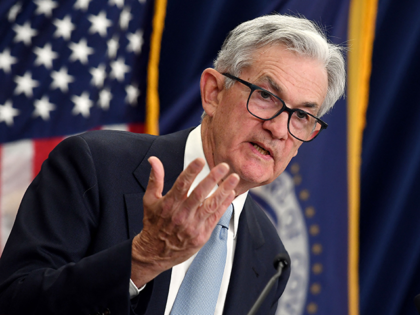
Durable goods orders soared thanks to purchases of civilian aircraft. But core capital goods orders were much weaker than expected.

President Joe Biden’s administration is setting up a network of advanced computer-chip facilities to boost domestic manufacturing.
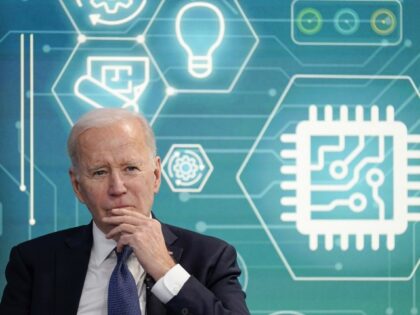
General Motors is reportedly preparing to ramp up its electric vehicle (EV) production in a few months to challenge Tesla as Elon Musk grapples with his own business struggles.

The Dallas Fed’s Texas Manufacturing Outlook Survey indicated that factory activity was flat in April after modestly growing in March.

The eighth straight month in negative territory.

A huge and unexpected surge in factory orders for New York manufacturers.

But unseasonably cold weather in March boosted utilities, raising overall industrial output.

President Joe Biden’s claims that his economic agenda has “ignited a manufacturing boom” is a lie debunked by the economic data, Breitbart Economics Editor John Carney explained.
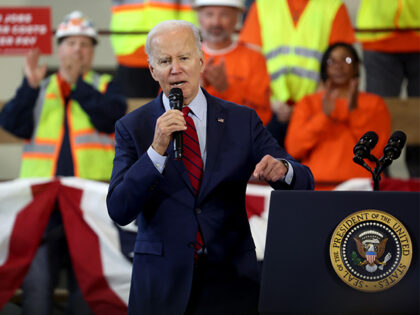
Manufacturing output in the U.S. continued to contract in March, according to a pair of industry surveys released this week.

Manufacturing activity in the central Atlantic region of the United States showed modest improvements in March, according to a survey from the Federal Reserve Bank of Richmond released on Tuesday.

Production increased even though perceptions of general business business conditions worsened and new orders fell.

Manufacturing activity in the Philadelphia area declined again in March, the Federal Reserve Bank of Philadelphia said on Thursday.

Business is still slumping in New York, a survey from the Federal Reserve Bank of New York said Wednesday.

Taiwan-based Apple supplier Foxconn Technology signed a record-breaking deal with India’s southern state of Telangana to manufacture electronics on Thursday.
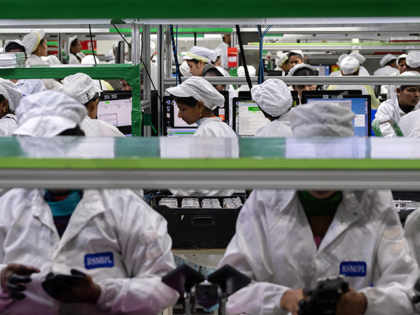
Former President Donald J. Trump unveiled his plans for a “sweeping pro-American overhaul of our tax and trade policy” aimed at bolstering American production and shedding economic dependence on China.
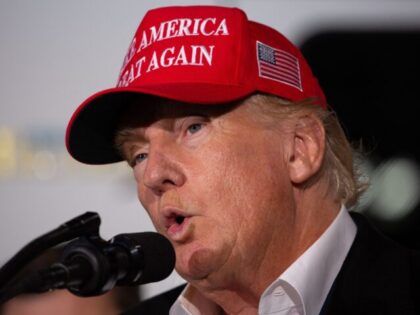
Factory activity in the Lone Star state declined for the first time since May 2020.

A surprisingly strong month for business investment.

Another “no landing” report.
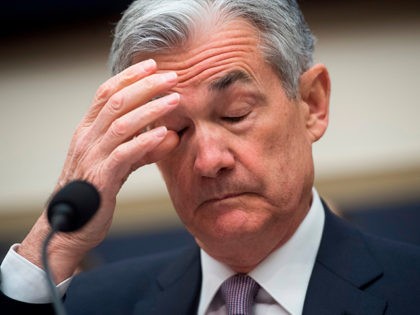
China’s government propaganda newspaper Global Times finally weighed in on leftist President Joe Biden’s State of the Union address late Wednesday – after ignoring it for a routine Xi Jinping public appearance – and used its coverage to apparently accuse Biden of plagiarizing President Donald Trump.
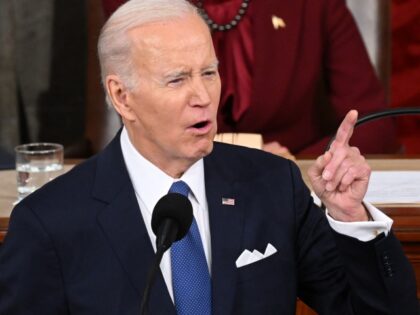
The manufacturing sector is in a recession. Hasn’t anyone told Joe?
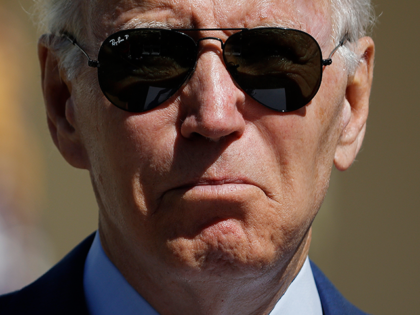
3M announced Tuesday it will cut 2,500 manufacturing jobs as the industrial giant reported lower profits and offered a lackluster 2023 outlook based on weakening demand.
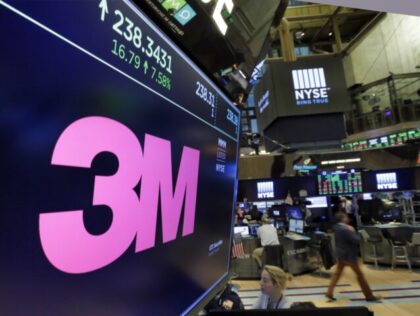
High energy bills and green agenda policies have led to a major British steel producer halting production in Wales and England, laying off around 440 steelworkers.
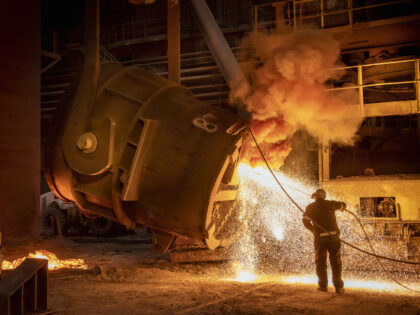
Tata Group, India’s largest multinational conglomerate, is reportedly in talks with Taiwan’s Wistron Corporation to purchase the latter’s $600 million iPhone manufacturing plant in Karnataka, India.

Food inflation in Britain hit its highest rate in history in December, as Christmas spending soared while consumers actually took home less.
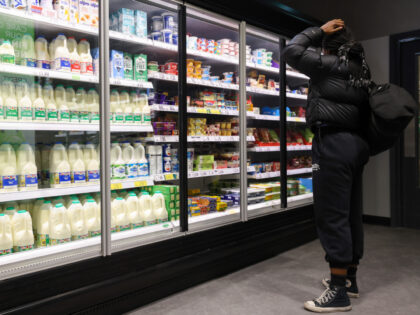
Manufacturing is rolling over but this probably will not help much on the inflation front.

S&P Global’s survey indicates a second consecutive month of contraction.
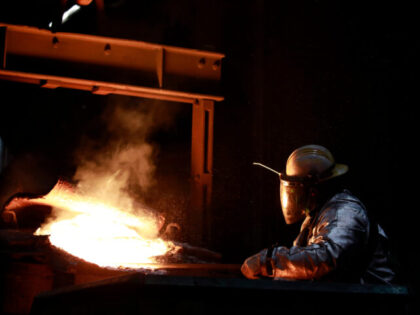
A big jump in spending on manufacturing facilities fueled an unexpected rise in November. Home building, however, remains in decline.

Nikolas Stihl, the head of the chainsaw manufacturing company Stihl, has wanted that Germany may be on the verge of deindustrialization.

The European Union is completely reliant on foreign imports for 14 “critical” raw materials needed for industry, a study has found.

The manufacturing sector appears to be rolling over after several months of Fed hikes, global economic weakness, and U.S. consumers shifting spending to services.

On Tuesday’s broadcast of CNN’s “The Lead,” economist and President of Queens’ College Dr. Mohamed El-Erian predicted that inflation will be “sticky” at around 4%, twice the 2% target rate the Federal Reserve has and stated that some parts of

Texas manufacturing declined for the seventh straight month.

Hotter than expected durable goods orders and shipments could mean even higher rates next year.
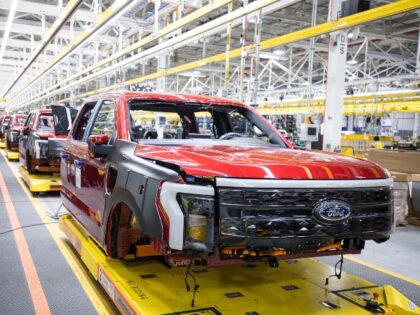
“Weak economic outlooks are dragging on demand. The indicator last fell below 40 in the initial pandemic shock of 2020,” the Chicago ISM said.
